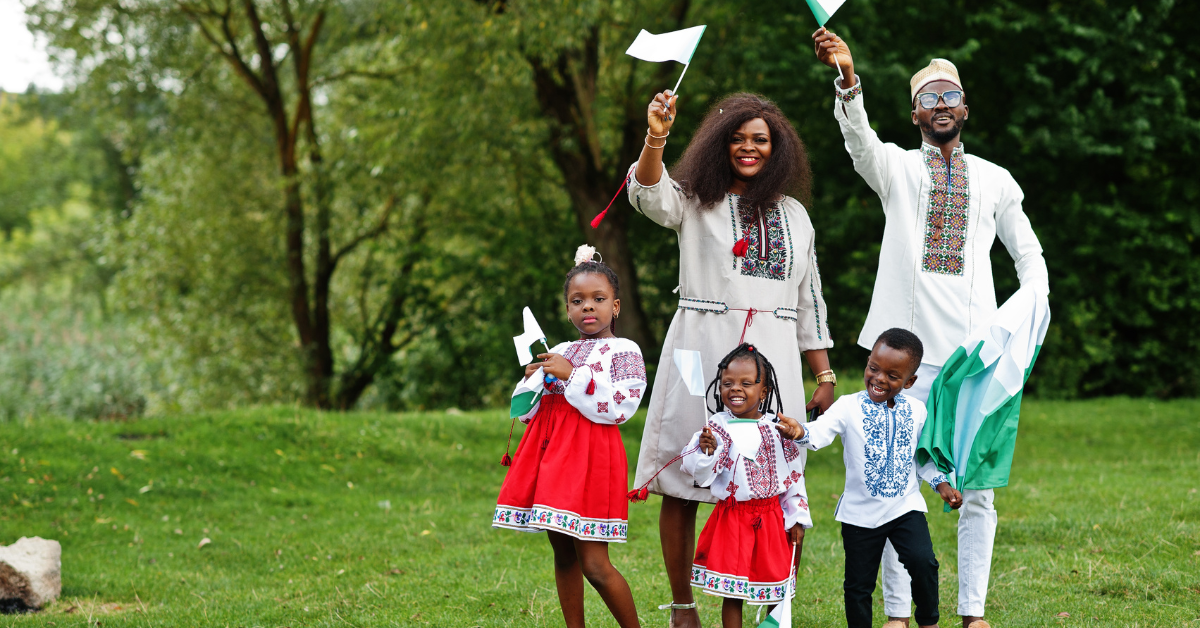In recent years, Japanese society has become more connected to Africa through business, education, and cultural exchange. As a result, the image of Nigerians in Japan has gradually shifted. Many Japanese people see Nigerians as energetic, sociable, and resilient, while others hold misconceptions influenced by media coverage. This article explores both perspectives and examines how direct interaction can reshape these impressions.
Positive Images Japanese People Have of Nigerians
Many Japanese people view Nigerians as cheerful and energetic. Their friendly personality feels approachable, and especially among younger generations, Nigerians are often considered “easy to talk to” and “quick to become friends with.”
In addition, their ability to use English fluently is seen as a great strength. It provides trust in international environments and creates reassurance in collaborative settings. Nigeria is also known as a strong football nation, and achievements in sports strengthen the impression that Nigerians possess excellent physical and athletic ability.
| Positive Traits | Japanese Perception | Examples |
|---|---|---|
| Cheerfulness and sociability | Easy to get along with | Proactive conversations even at first meetings |
| English ability | Trusted in international exchange | Cooperation in business or academia |
| Athletic ability | Respected as athletes | Active in football and track and field |
| Cultural expression | Seen as creative and appealing | Influence of Afrobeats and dance |
Misunderstandings and Negative Images
On the other hand, some impressions of Nigerians in Japan include misunderstandings and prejudice. Influenced by fragmented news or online information, some people think of Nigeria as “dangerous” or “full of fraud.” These are often based on partial stories and do not reflect the reality of Nigerian society or values.
Cultural differences also shape perceptions. The reserved nature of Japanese communication compared to the expressive self-presentation of Nigerians can lead to them being perceived as “pushy.” However, this is a difference in cultural values, and once understood, it can lead to constructive interaction.
| Common Misconceptions | Japanese Perception | Actual Background |
|---|---|---|
| Security | Seen as dangerous | Large regional differences; cannot be generalized |
| Communication style | Viewed as pushy | Cultural emphasis on self-expression |
| Economy | Considered unstable | Rich in resources, with growing industries |
| Society | Simplified image | Diverse ethnicities and cultural coexistence |
Coexistence Seen Through Exchange
Through direct interaction, Japanese views of Nigerians have shifted. In universities, companies, and communities, Japanese people have experienced Nigerians’ strong family values and cooperative nature, which has built impressions such as “trustworthy” and “having strong group loyalty.”
Cultural influences also play a role in positive image-building. Afrobeats and contemporary dance are popular among Japanese youth, and Nigerian culture is being received as a fresh trend. Furthermore, Nigerians settling in regional cities in Japan have gained reputations as hardworking and responsible, offering concrete examples of multicultural coexistence.
| Setting of Exchange | Japanese Perception | What It Represents |
|---|---|---|
| Community life | Cooperative and trustworthy | Advancement of multicultural coexistence |
| Education and research | Passionate about learning | Strengthening international academic ties |
| Cultural expression | Popular in music and fashion | Influence on youth culture |
| Business | Seen as hardworking | Contributors to regional economies |
Comprehensive Overview of Japanese Perceptions
| Aspect | Positive Image | Negative Image | Neutral Understanding |
|---|---|---|---|
| Personality | Cheerful, lively, friendly | Perceived as too assertive | Understandable as a cultural difference |
| Abilities | Strong English and athletic skills | Sometimes viewed as aggressive | Skills that function globally |
| Culture | Attractive music and fashion | Seen as distant from Japanese culture | Can blend through mutual understanding |
| Social reputation | International and global | Associated with fraud or safety concerns | Strongly influenced by information sources |
| Community ties | Able to integrate locally | Possible friction from cultural gaps | Growing cases of coexistence |
Conclusion
The image Japanese people have of Nigerians is a mix of positive and negative elements. Much of it comes from external information rather than direct experience, and impressions often change through actual interaction. As Japan and Nigeria deepen ties, mutual understanding is expected to grow, strengthening the recognition of Nigerians as “international partners with whom we can grow together.”
In fields such as education, culture, and business, collaboration can move forward. The combination of Japanese cautiousness and Nigerian proactiveness may complement each other, creating new value. To build a multicultural society, it is essential to overcome prejudice and spread understanding based on real experience.






